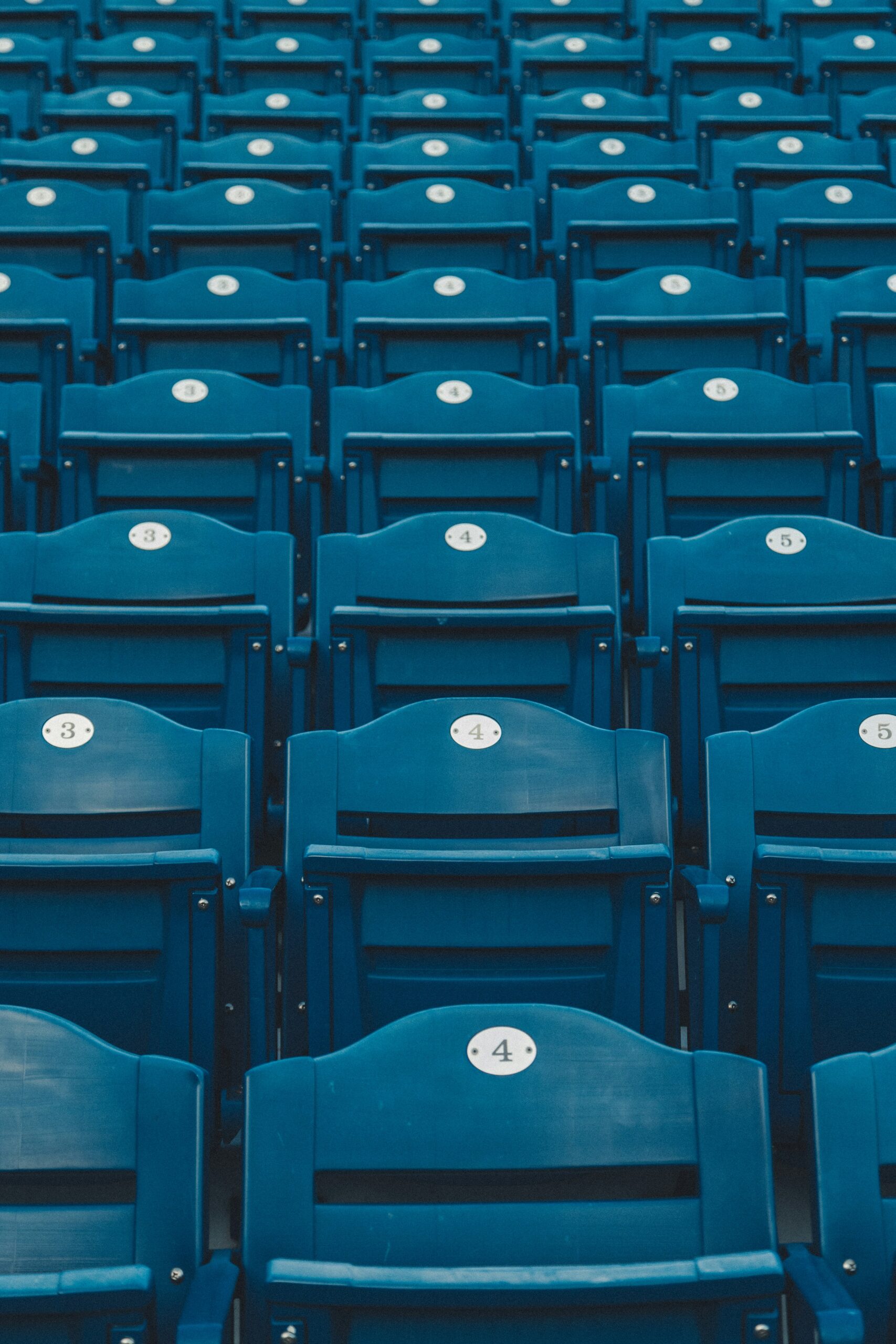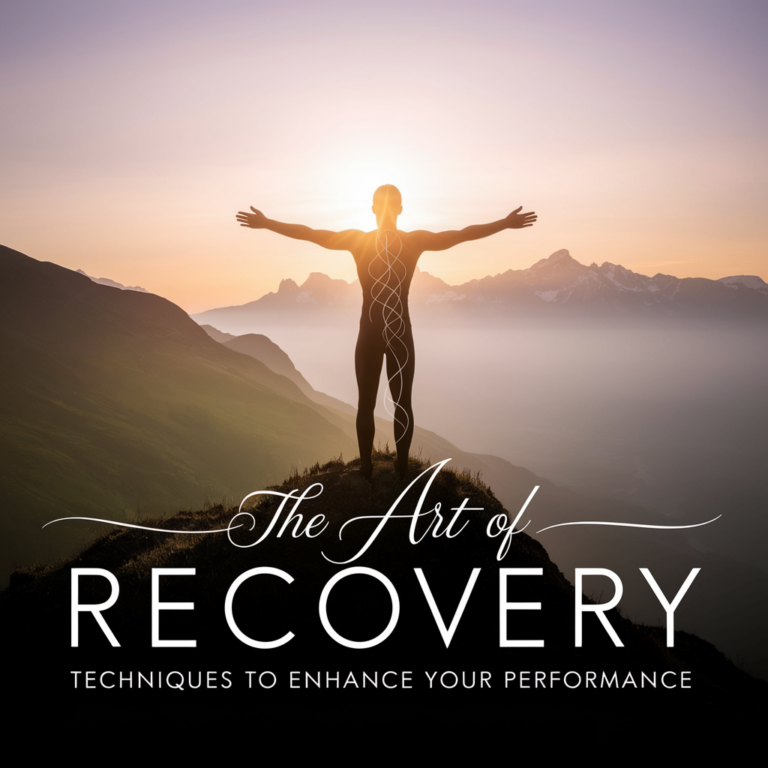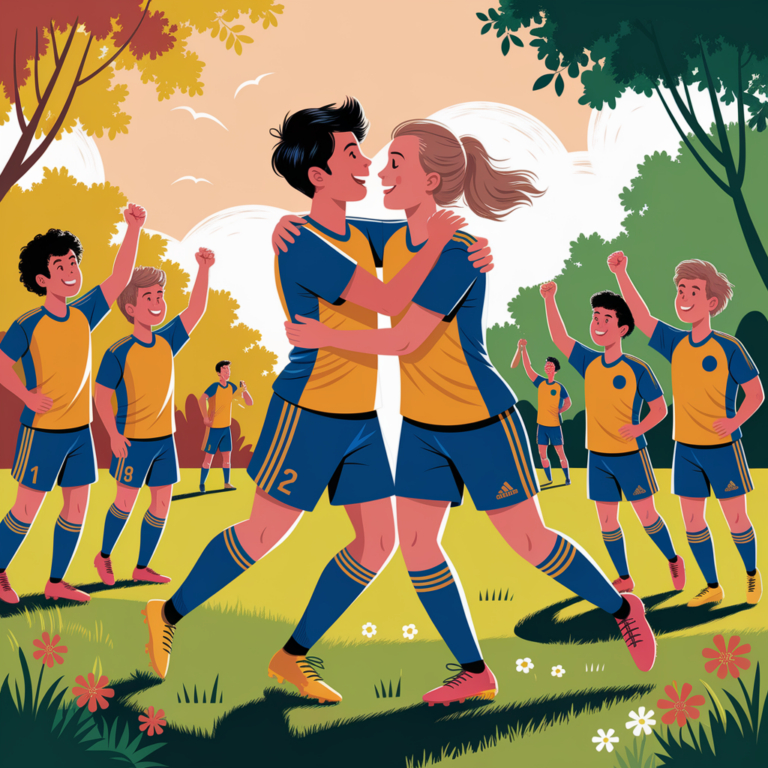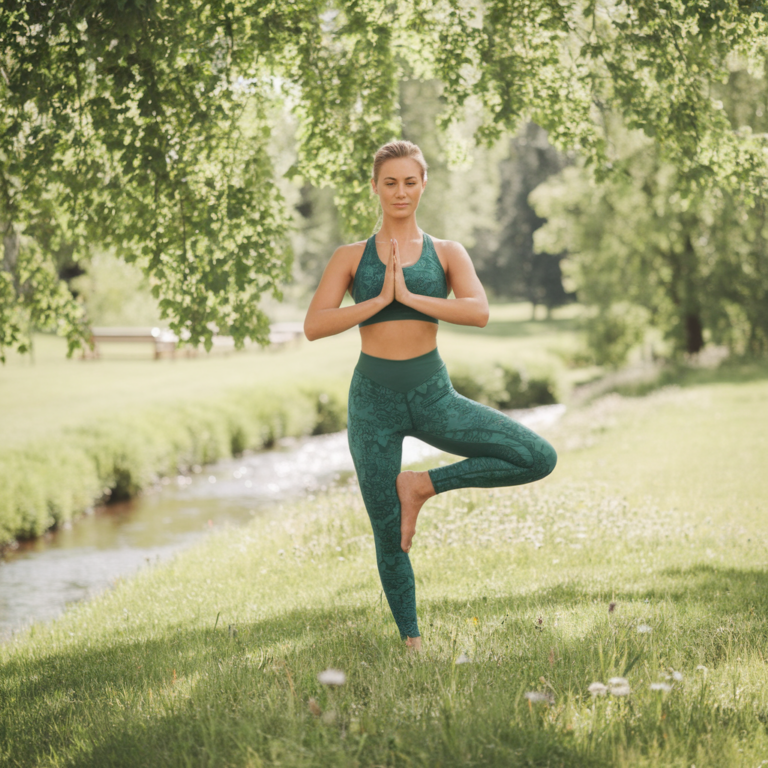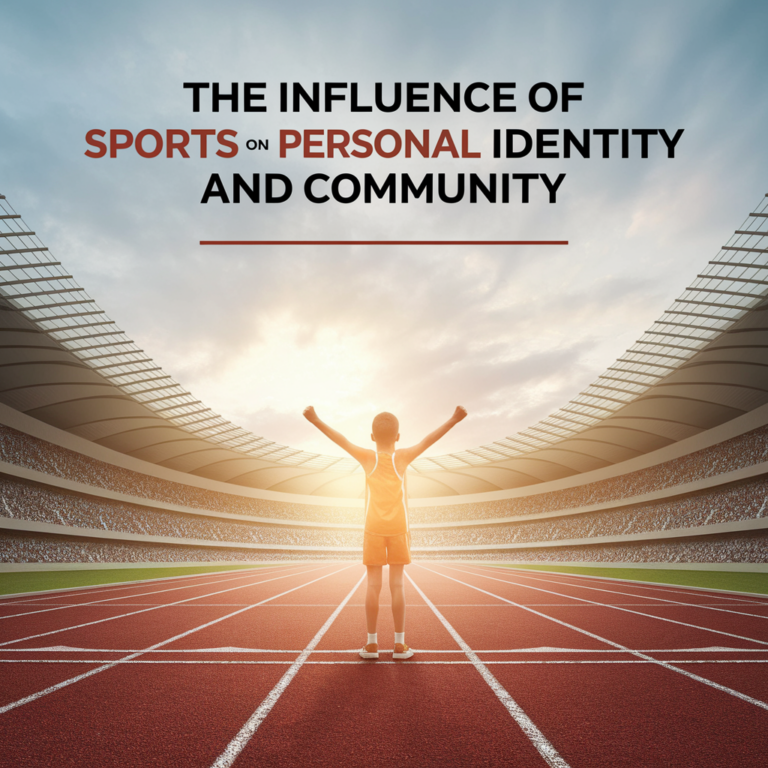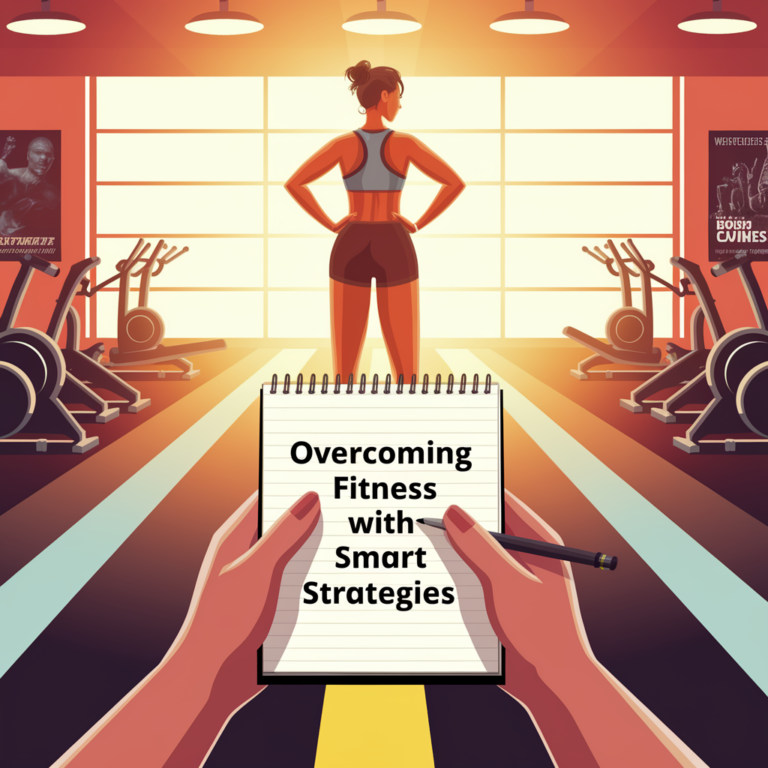Cultural Impact: How Major Sporting Events Unite Diverse Communities
You know that feeling when you walk into a crowded room and immediately sense the energy? It’s electric. I remember once, at a friend’s Super Bowl party, the atmosphere was so thick with anticipation and snacks—don’t even get me started on the nachos—that you could practically taste the excitement. People from different backgrounds, ages, and even walks of life were gathered together, united by one common thread: the game. It struck me how, for those few hours, we were all just fans, cheering or groaning as one. And this got me thinking: major sporting events do more than just entertain us; they weave together the fabric of our communities in ways we often overlook.
The Power of a Shared Experience
At the heart of every major sporting event—whether it’s the World Cup, the Olympics, or the Super Bowl—is the idea of a shared experience. You don’t just watch these events; you live them. Take the FIFA World Cup, for instance. Countries that might not see eye to eye on various issues come together to cheer for their national teams. Fans wear their colors proudly, wave flags, and sometimes even paint their faces in wild designs. It’s a collective joy that transcends borders. And let’s be honest, who doesn’t want to join in the fun? It’s like an invitation to a giant global party (with better snacks than your usual potluck).
And what about the Olympics? I mean, it’s like a family reunion on steroids (not literally, I hope). Athletes from all over the world showcase their talents, and as they compete, we find ourselves rooting for them, regardless of where they come from. I’ve found myself cheering for countries I can barely locate on a map. But it doesn’t matter! In those moments, we’re all just humans rooting for human achievement. It’s the ultimate reminder that, at our core, we share the same hopes, dreams, and aspirations.
A Melting Pot of Cultures
Major sporting events also serve as a melting pot of cultures. I remember watching the 2016 Olympics in Rio and being completely captivated by the opening ceremony. It was a colorful showcase of Brazil’s rich cultural heritage, and I found myself learning about traditions and customs I had never encountered before. I mean, who knew samba could get an entire stadium moving? And that’s the beauty of it! When people gather to support their teams, they also share their cultures. Food stalls at events often reflect a plethora of cuisines, and I’m not just talking about hot dogs and popcorn. You might find jerk chicken next to dumplings next to poutine—talk about a culinary tour!
These events also foster a sense of pride in one’s heritage. For instance, during the World Cup, you’ll see fans donning traditional attire, drumming, and dancing in the streets. Each chant or cheer has its own rhythm and melody, and it’s fascinating to hear how different cultures express their love for the game. This sense of pride can lead to an increased interest in learning about one another’s customs and histories. And isn’t that what we need more of in the world today? (Just don’t ask me to try to dance like a samba pro—I’m still working on the two-step.)
Breaking Down Barriers
One of the most powerful aspects of major sporting events is their ability to break down barriers. I’ve seen it happen time and time again. When a local team makes it to the playoffs, you get people from all walks of life coming together to support them. It doesn’t matter if you’re wearing a suit or shorts and flip-flops; you’re all part of the same community. You share the same highs and lows, and, boy, do those lows sting. But that shared experience creates bonds that can last a lifetime.
Take the recent surge in support for women’s sports—this is a prime example of how sporting events can challenge traditional norms. As women’s leagues gain visibility, more diverse voices are entering the conversation. And it’s not just women supporting women; men are joining in too, bringing their friends, family, and even their kids along for the ride. I mean, who would’ve thought that a game of soccer could lead to a broader discussion about equality? But here we are, and it’s pretty darn exciting.
Sports as a Catalyst for Change
And let’s not forget how sports can be a powerful catalyst for social change. I remember the uproar around the Black Lives Matter movement and how athletes used their platforms to raise awareness. The NBA, for example, made headlines when players decided to kneel during the national anthem to protest racial injustice. It wasn’t just about basketball anymore; it was about standing up for what’s right. And the conversations that emerged from these actions? Wow. They drove home the point that sports can influence societal change in incredible ways.
Major sporting events can also provide a platform for underrepresented communities. I mean, how many times have you seen someone from a marginalized background take center stage? It’s inspiring and serves as a reminder that everyone deserves a seat at the table. Sports create opportunities, and when diverse communities come together to support athletes, it sends a powerful message: we stand together.
Economic Boost and Community Engagement
Now, let’s talk about the economic impact of these events. Hosting a major sporting event can be a double-edged sword. On one hand, local businesses thrive. Hotels are booked, restaurants overflow, and I can’t even begin to talk about the beer sales (cheers to that!). On the other hand, it can lead to gentrification and displacement, which is a real concern. But when done right, these events can foster a sense of community engagement. Local organizations often step up to provide support, whether it’s offering volunteering opportunities or sponsoring local youth teams.
For example, the 2012 London Olympics brought a wave of investment into East London, transforming neighborhoods that were previously neglected. People came together to celebrate not just sports, but the revitalization of their community. I mean, who doesn’t want to cheer for their hometown while enjoying a pint (or two) at a local pub?
Creating Memories and Traditions
Isn’t it funny how some of our most cherished memories are linked to sports? I remember my dad taking me to my first baseball game. The smell of hot dogs, the crack of the bat, and the cheers from the crowd are forever etched in my mind. That experience shaped my love for the game, and now I’m passing that down to my kids. Major sporting events create traditions that can last for generations. Families gather, friends come together, and those moments become stories we tell and retell.
And speaking of traditions, let’s not overlook the quirky rituals fans have developed over the years. Whether it’s wearing lucky socks or performing a specific chant, these little idiosyncrasies add to the charm of being a sports fan. I mean, who doesn’t get a kick out of the guy in the stands dressed as a giant hot dog? (Seriously, I’d love to know the backstory behind that one).
Conclusion: The Spirit of Unity
In the grand tapestry of our lives, major sporting events serve as vibrant threads that bind us together. They remind us that, despite our differences, we can come together to support something greater than ourselves. Whether it’s the thrill of a last-minute goal, the camaraderie of a tailgate party, or the joy of watching our kids play in the local league, sports have a unique way of uniting diverse communities.
So the next time you find yourself at a game, take a moment to soak in the atmosphere. Look around and appreciate the blend of cultures, ages, and backgrounds all coming together. It’s magic. And who knows? Maybe you’ll even make a new friend over a shared love for the game (or a mutual disdain for the referee’s calls). After all, at the end of the day, we’re all just fans looking for a little connection, some laughter, and maybe a few more nachos.

